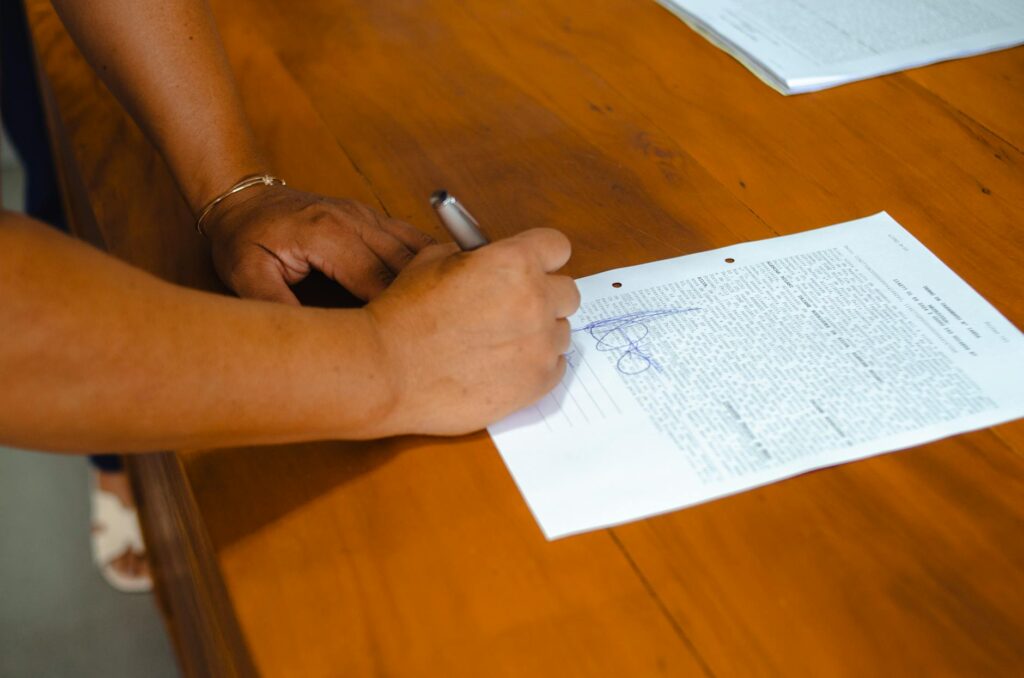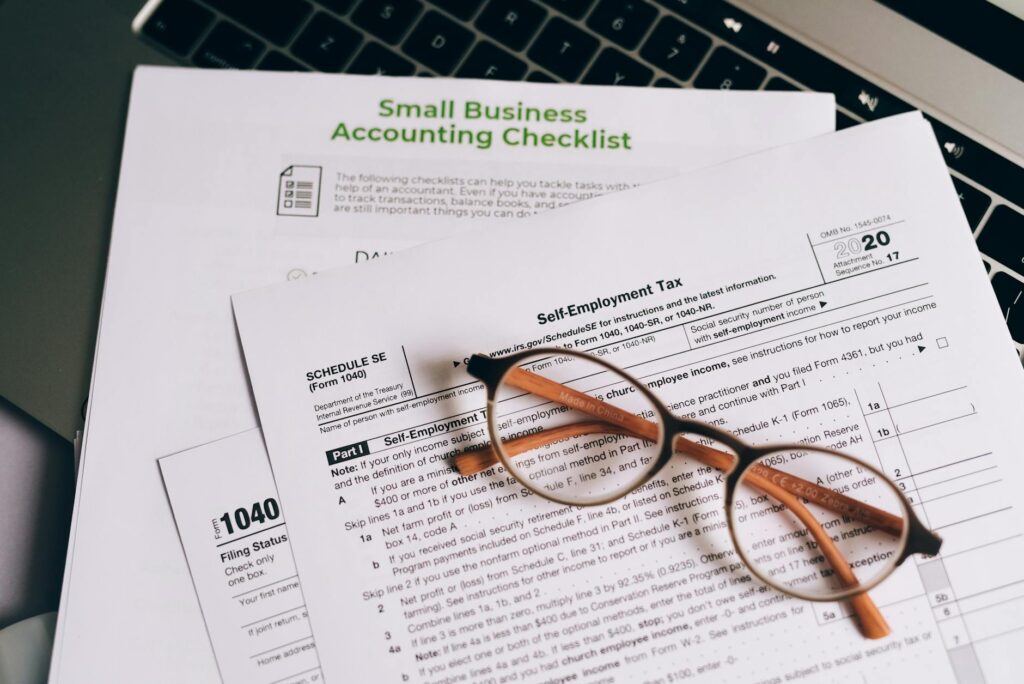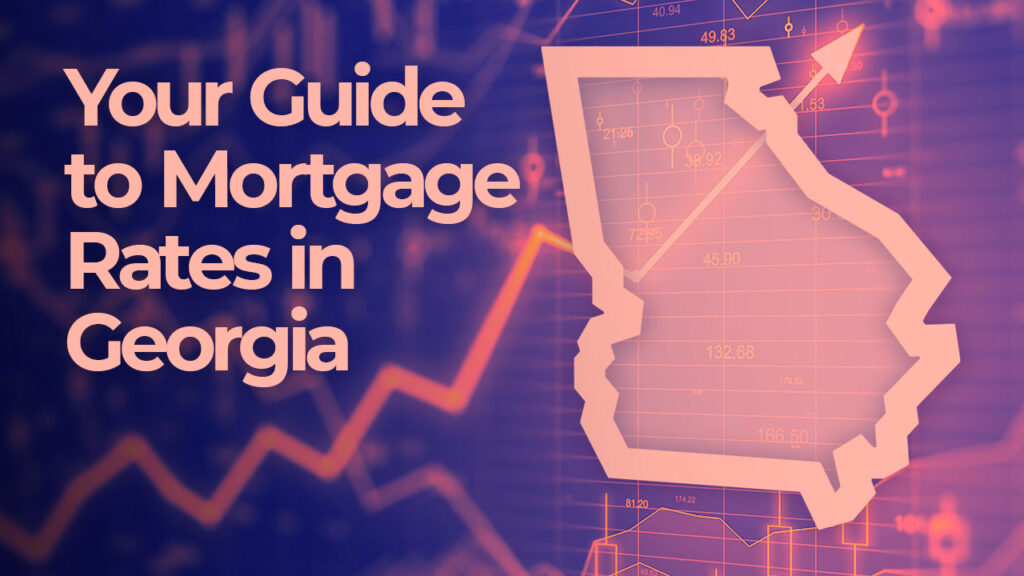Introduction
Securing funding for a small business can be challenging. Microloans, offered through the Small Business Administration (SBA), provide a lifeline for many entrepreneurs. This guide will walk you through understanding SBA microloans and how they can benefit your business.
What are SBA Microloans?
SBA microloans are small business loans typically ranging from $500 to $50,000. Unlike traditional SBA loans, they are designed for smaller amounts and are often easier to obtain.
Who is Eligible for an SBA Microloan?
Eligibility criteria include being a for-profit small business, demonstrating a need for funding, and having a credit score that meets lender requirements. Learn more about specific requirements.
How to Apply for an SBA Microloan
The application process usually involves completing a detailed application form, providing financial statements, and presenting a business plan. Check the SBA website for detailed application instructions.
Lenders and Intermediaries
SBA microloans aren’t directly from the SBA; they’re provided by intermediary lenders, often community development financial institutions (CDFIs). 
Interest Rates and Fees
Interest rates and fees vary depending on the lender and your creditworthiness. Expect rates to be higher than larger business loans. See a rate comparison chart here.
Loan Amounts and Uses
Loans are generally smaller, ideal for initial startup costs, working capital, or purchasing equipment. You can’t use the funds for things like speculation or real estate.
Collateral Requirements
Collateral requirements are often more flexible than traditional loans, but lenders still assess risk. They might request personal guarantees.
Credit Score Impact
Like any loan, responsible repayment positively impacts your credit score. Failure to repay can severely damage your credit history.
The Application Process
Expect a thorough review of your financials and business plan. The process takes time, so apply well in advance of needing the funds. 
Understanding the Terms
Carefully read and understand the loan agreement before signing. This includes repayment schedules, interest rates, and any penalties.
Advantages of SBA Microloans
These loans are attractive due to their accessibility for startups and businesses with limited credit history. They offer an opportunity for growth otherwise unavailable.
Disadvantages of SBA Microloans
Higher interest rates than larger business loans and the more stringent requirements may pose challenges for some.
Alternatives to Microloans
Consider exploring other funding options like grants, crowdfunding, or angel investors. Compare different financing options here.
Comparing Microloans to Other SBA Loans
SBA 7(a) loans and 504 loans offer larger loan amounts but have more stringent requirements. Microloans provide more flexible access to smaller funding.
Building a Strong Application
A well-written business plan, solid financials, and a good credit history are crucial for a successful application.
Preparing Your Financial Statements
Accurate and up-to-date financial statements are critical during the review process. It’s highly recommended to seek professional advice if necessary.
Post-Approval Process
After approval, you’ll need to promptly finalize the paperwork. Be prepared to provide any additional documentation requested by your lender.
Conclusion
SBA microloans are valuable tools for small businesses seeking capital. By understanding the eligibility criteria, application process, and terms, you can increase your chances of securing the funding you need to grow your business. Remember to explore all your options and choose what best suits your needs. 
Frequently Asked Questions
What is the maximum loan amount for an SBA microloan? The maximum loan amount is typically $50,000, but it can vary depending on the lender.
What kind of collateral is usually required for a microloan? Collateral requirements vary, but lenders often look at personal assets as collateral. Some microloans might not require any collateral at all.
How long does the application process take? The application process can vary, but it’s advisable to allow several weeks to a few months for completion.
What credit score is needed to get approved for an SBA microloan? There’s no specific credit score requirement, but a good credit score will dramatically improve your chances of approval.
Where can I find a list of lenders offering SBA microloans? You can find a list of lenders on the SBA website or by contacting your local Small Business Development Center (SBDC).


